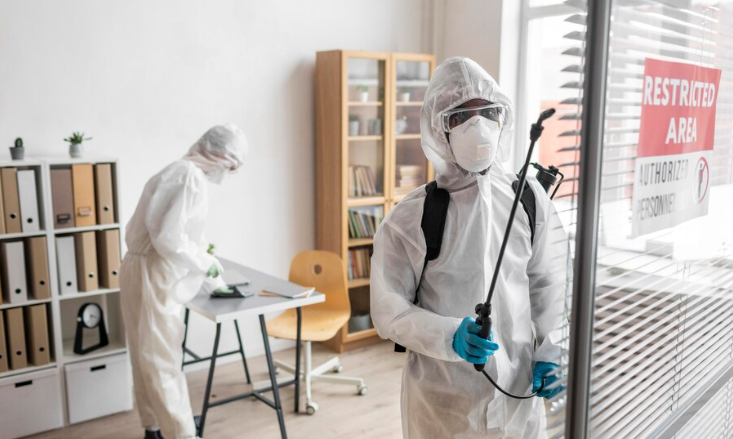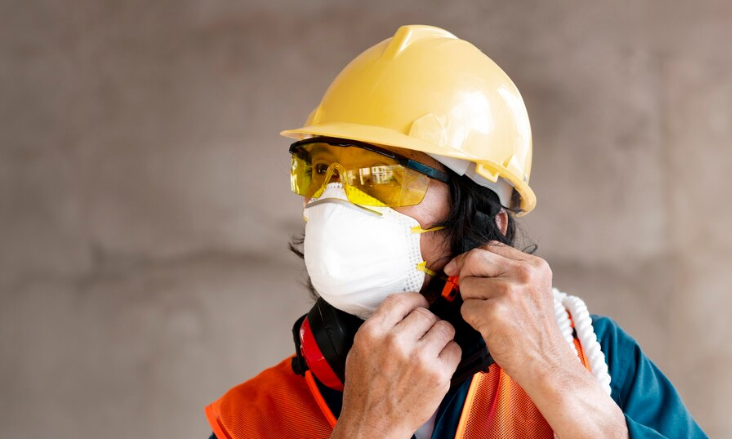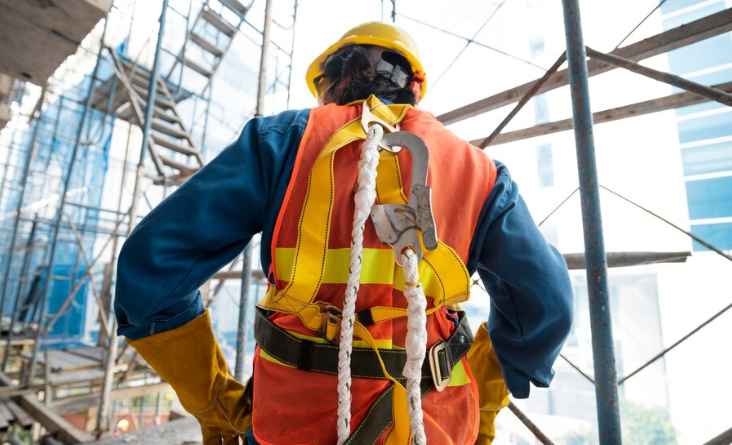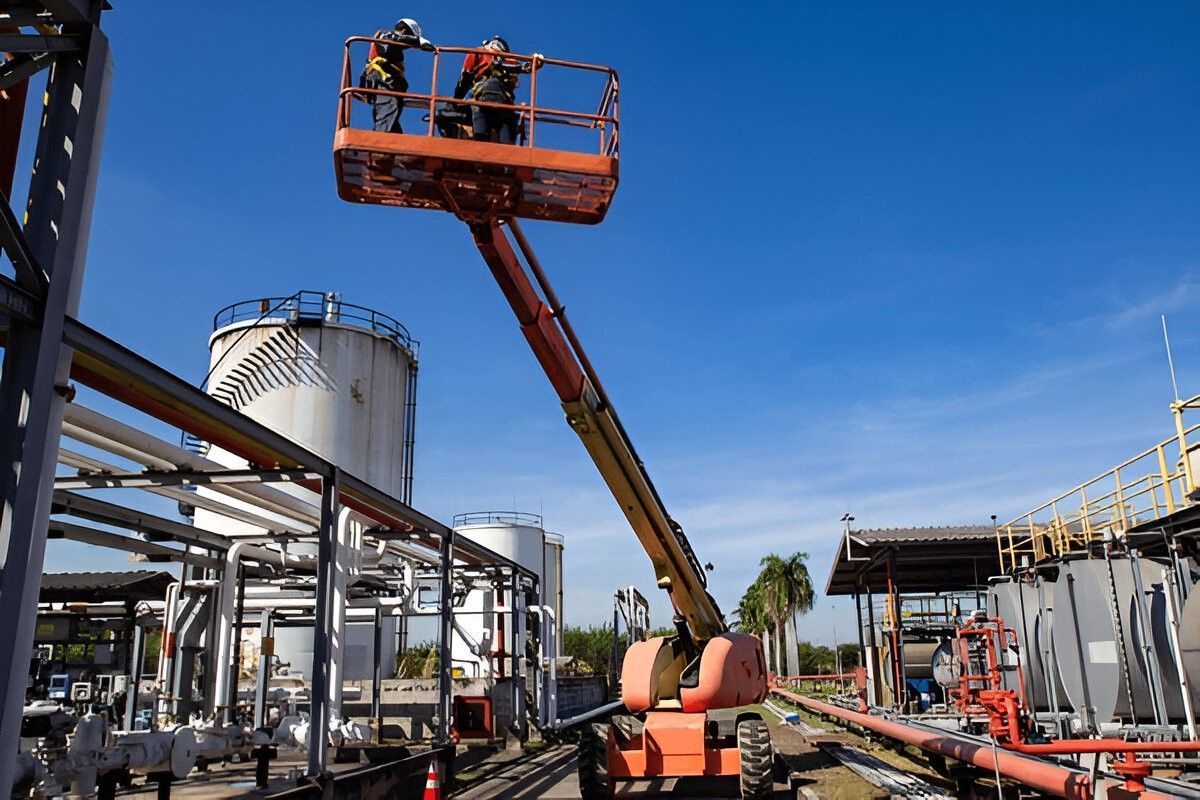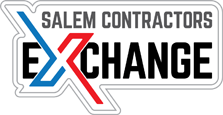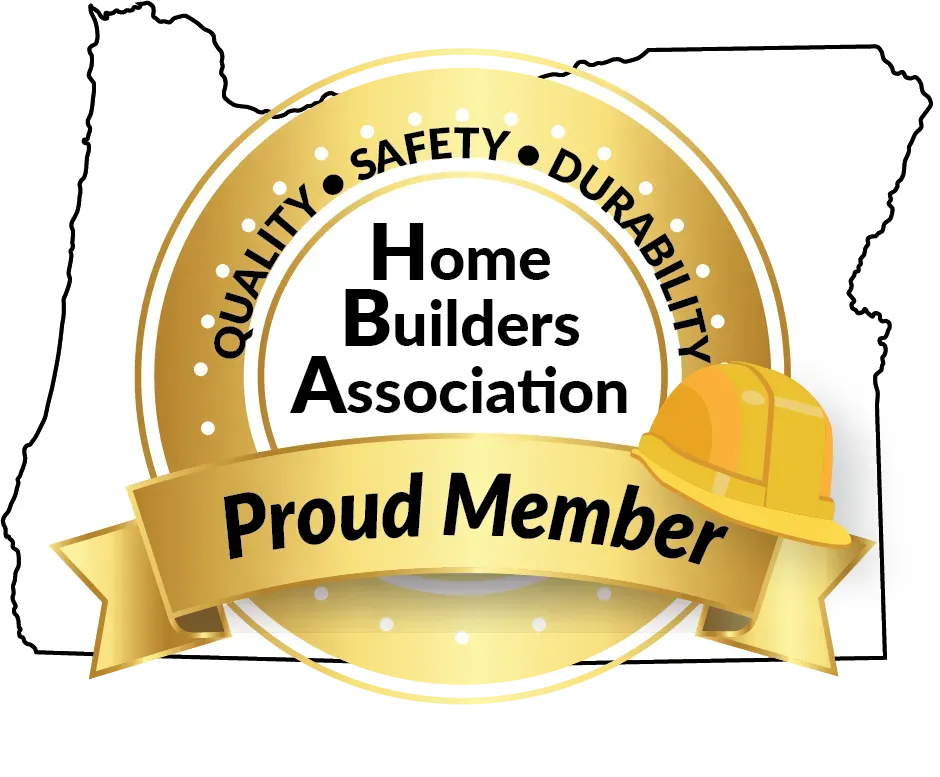Who is Required to Complete Bloodborne Pathogen Training Under OSHA Guidelines?
Bloodborne pathogens, such as HIV, Hepatitis B, and Hepatitis C, are a significant hazard in various workplaces. Understanding who needs bloodborne pathogen training according to OSHA is essential for ensuring safety and compliance. OSHA mandates that workers exposed to blood or other potentially infectious materials (OPIM) receive comprehensive training to prevent risks. Let’s explore which roles and industries require this training and why it’s vital for workplace safety.
The Importance of OSHA’s Bloodborne Pathogen Standards
OSHA’s Bloodborne Pathogens Standard (29 CFR 1910.1030) requires employers to protect employees from occupational exposure. This involves offering training to workers at risk, ensuring they understand proper precautions, use personal protective equipment (PPE), and follow safe work practices. By adhering to these standards, workplaces can reduce the likelihood of exposure incidents.
Healthcare Professionals and Medical Staff
Healthcare professionals are the primary group at risk of exposure to bloodborne pathogens. Doctors, nurses, dentists, and laboratory technicians often handle blood, bodily fluids, and sharps like needles. OSHA mandates bloodborne pathogen training for all healthcare workers to ensure they follow safety protocols and understand how to minimize exposure risks.
First Responders and Emergency Workers
First responders, such as firefighters, paramedics, and EMTs, frequently encounter situations involving blood or bodily fluids. Whether responding to accidents or medical emergencies, these workers face significant exposure risks. Bloodborne pathogen training equips them with the knowledge to handle these scenarios safely and confidently.
Janitorial and Custodial Staff
Janitorial workers, especially those in healthcare or educational settings, are another group at risk. They may come into contact with contaminated materials, including used needles or blood spills. OSHA requires employers to provide these workers with bloodborne pathogen training, ensuring they understand safe cleaning practices and proper disposal methods for biohazardous waste.
Laboratory Technicians and Researchers
Lab technicians and researchers working with blood samples or infectious materials are at a heightened risk of exposure. OSHA emphasizes the importance of training for these individuals to prevent accidents in laboratory settings. Training focuses on proper handling, storage, and disposal of biohazardous materials.
Waste Management Personnel
Employees in waste management who handle medical waste or sharps must also undergo bloodborne pathogen training. These workers face exposure to potentially infectious materials during waste collection, transportation, and disposal. OSHA guidelines ensure that they are trained to manage these risks effectively.
Educational and Childcare Workers
Teachers, childcare workers, and school staff may not often think of themselves as at risk, but situations involving injuries or accidents can expose them to bloodborne pathogens. For this reason, OSHA recommends training for educational professionals, especially those who provide first aid or oversee children’s care.
Tattoo Artists and Body Piercers
Professionals in the tattoo and piercing industry work with needles and often come into contact with blood. To comply with OSHA’s standards, these individuals must receive bloodborne pathogen training to ensure they follow strict hygiene and safety protocols.
Ending Words:
Understanding OSHA requirements for bloodborne pathogen training in Washington State is crucial for maintaining a safe and compliant workplace. Workers in healthcare, emergency response, waste management, and even childcare need this training to protect themselves and others from potential hazards. At KARM Safety Solutions, we provide OSHA-compliant training programs tailored to diverse industries. Investing in proper training not only ensures compliance but also creates a safer work environment for everyone. Choose KARM Safety Solutions today for your training needs!


